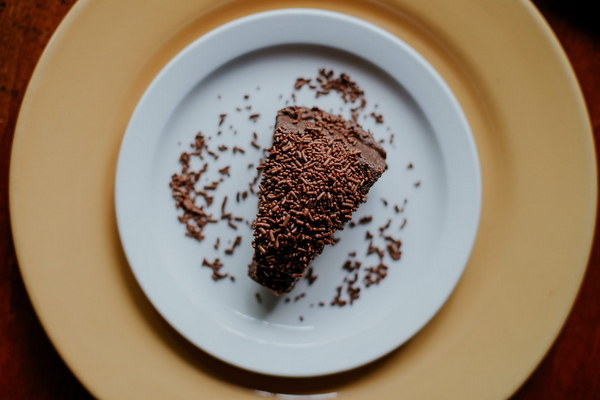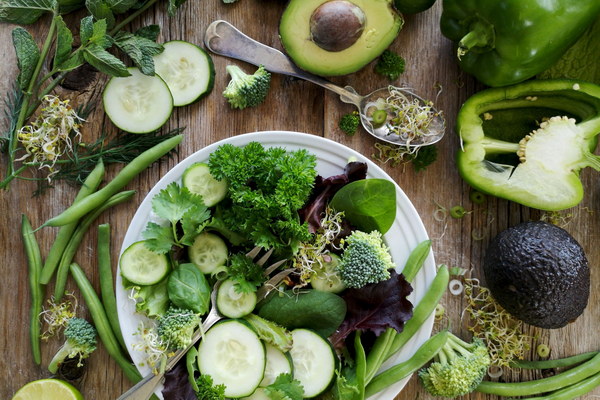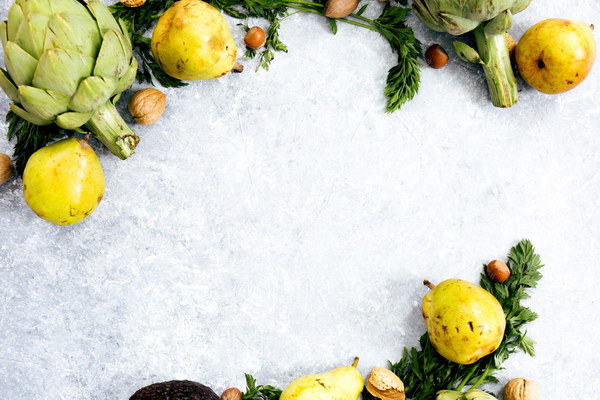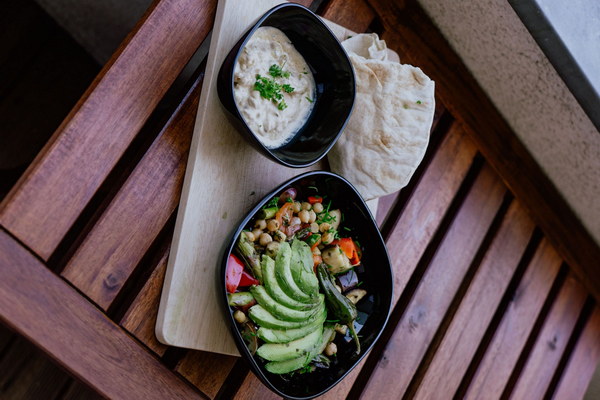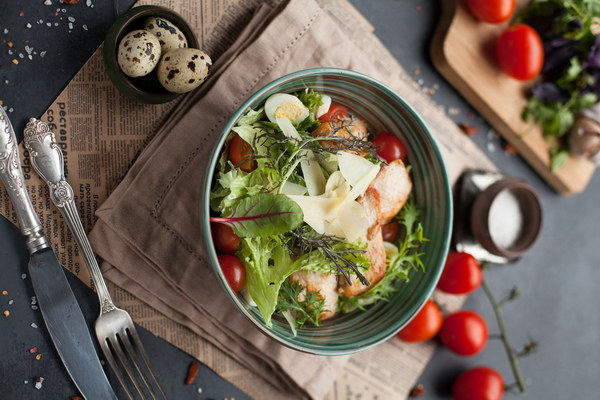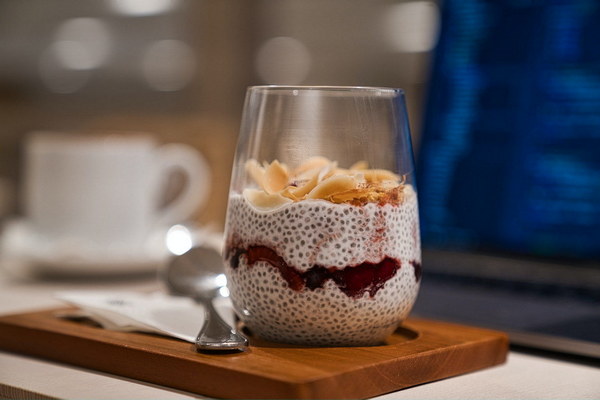Springtime Nutrition for Pigeons A Guide to Complementary Feeding
Springtime is a crucial period for pigeons as it marks the end of the harsh winter and the beginning of a new breeding season. During this time, pigeons require a well-balanced diet to ensure they have the energy and nutrients necessary for survival and successful reproduction. In this article, we will discuss the best complementary feeding options for pigeons during spring, helping you provide your feathered friends with the optimal nutrition they need.
1. High-protein foods
Protein is essential for muscle repair, growth, and the production of hormones and enzymes. During spring, pigeons will be more active and may start laying eggs, making protein an essential component of their diet. Here are some high-protein foods to consider:
- Cooked meats (chicken, turkey, beef, etc.)
- Hard-boiled eggs
- Canned fish (tuna, sardines, etc.)
- Mealworms
- Cooked beans
Ensure that all high-protein foods are well-cooked and free of seasonings or added fats. Also, remember to provide fresh water alongside these foods to aid digestion.
2. Fresh fruits and vegetables
A variety of fresh fruits and vegetables can provide pigeons with essential vitamins, minerals, and antioxidants. Here are some options:
- Apples (without seeds)
- Grapes
- Carrots
- Spinach
- Lettuce
- Celery
- Beets
Ensure that all fruits and vegetables are fresh and free of pesticides. You can chop them into small pieces to make them more accessible to your pigeons.
3. Seeds and grains
While pigeons can thrive on a diet of seeds and grains alone, supplementing their diet with other food items can provide a more balanced nutrition profile. Here are some seed and grain options:
- Sunflower seeds

- Millet
- Oats
- Corn
- Wheat
- Barley
Ensure that you provide a variety of seeds and grains to cater to the different nutritional needs of your pigeons.
4. Nutritional supplements
In addition to a balanced diet, pigeons may benefit from nutritional supplements that can enhance their overall health and reproductive success. Here are some options:
- Calcium and phosphorus supplements: Essential for eggshell formation and bone health.
- Vitamin D3: Helps pigeons absorb calcium and phosphorus.
- Selenium: A powerful antioxidant that supports immune function.
- Omega-3 fatty acids: Important for healthy skin, feathers, and reproductive health.
Always consult with a veterinarian or an avian specialist before introducing any supplements into your pigeons' diet.
5. Feeding schedule
During spring, it's important to establish a consistent feeding schedule to ensure your pigeons receive the necessary nutrients throughout the day. Here's a general feeding schedule you can follow:
- Morning: Provide a mix of high-protein foods, seeds, and grains.
- Afternoon: Offer fresh fruits and vegetables.
- Evening: Provide a smaller meal consisting of seeds, grains, and a small amount of high-protein food.
Remember to keep your pigeons' food and water containers clean and fresh at all times.
In conclusion, providing your pigeons with a balanced and varied diet during spring can significantly improve their health, reproductive success, and overall well-being. By incorporating high-protein foods, fresh fruits and vegetables, seeds and grains, and nutritional supplements, you can ensure your feathered friends are ready for the challenges of the new breeding season. Remember to consult with a professional before making any significant changes to your pigeons' diet. Happy spring feeding!

